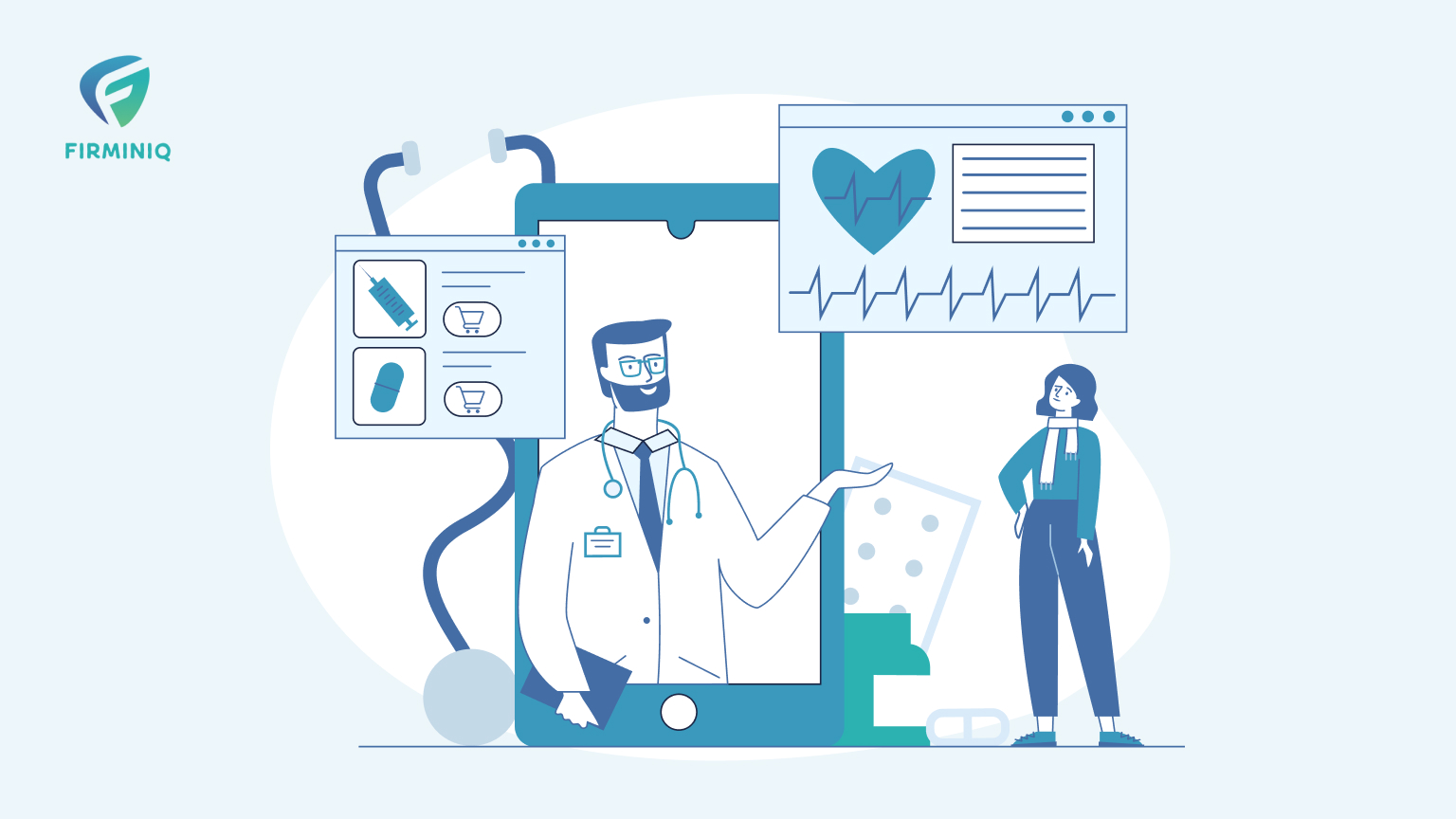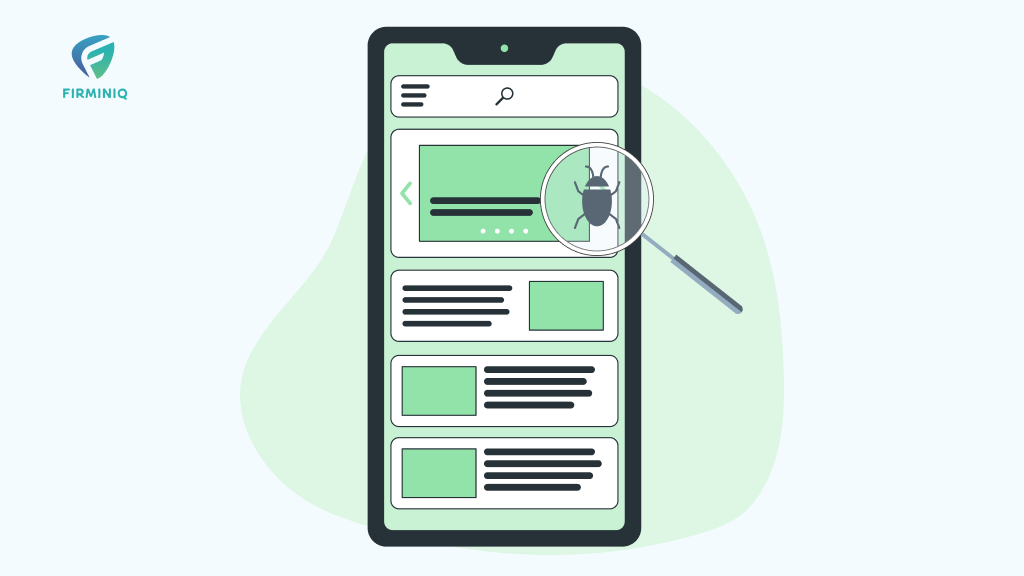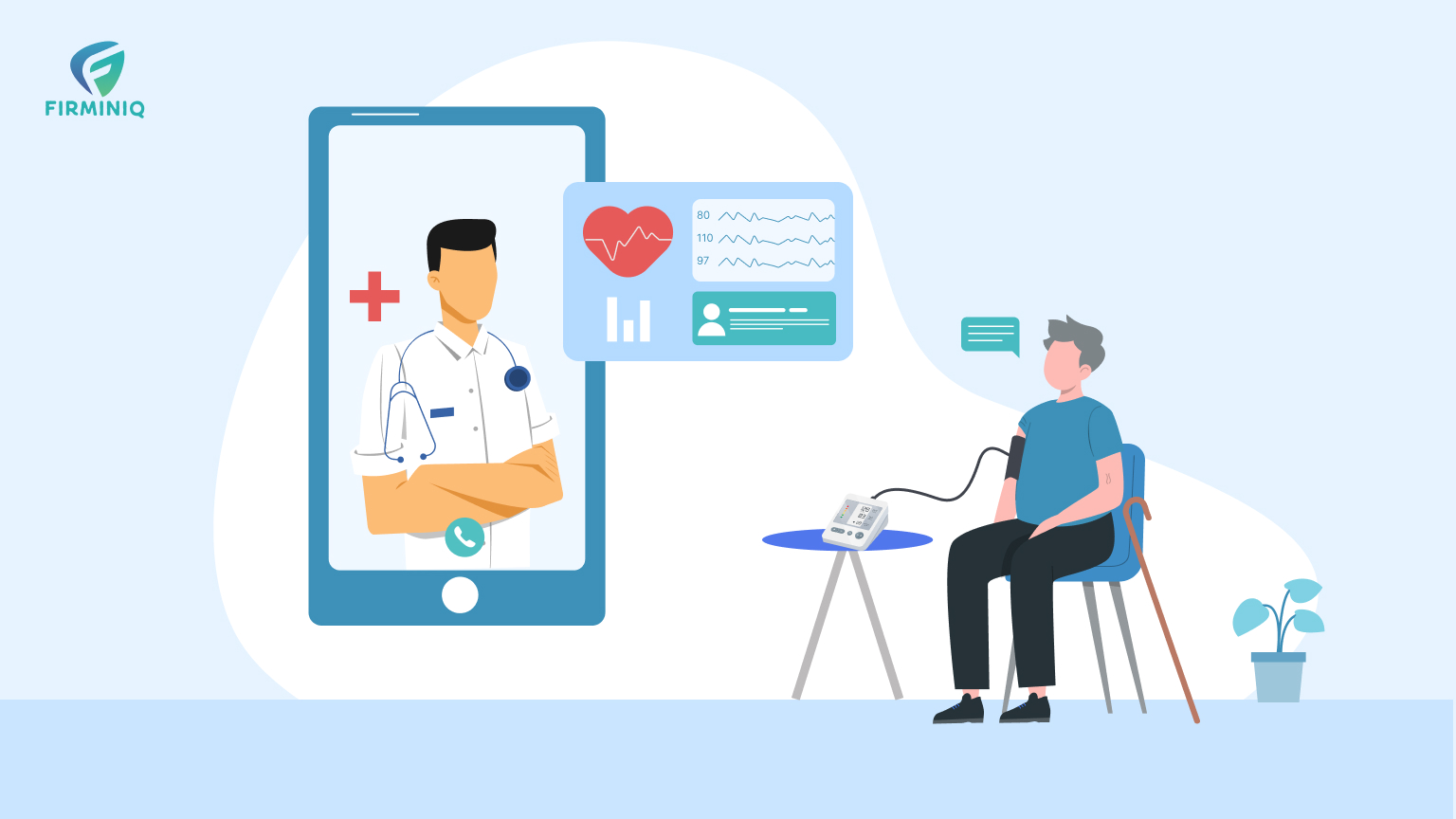Digital advancements in healthcare are empowering individuals to manage their chronic conditions. These solutions have transformed the traditional approach to managing chronic diseases, bringing personalized care and innovation to the forefront.
At the heart of this transformation lies the intersection of digital technology and chronic disease management, providing individuals with unmatched opportunities to actively participate in their health and well-being. A testament to this impact is the insightful finding by McKinsey & Company, revealing a 45 percent reduction in the three-month rate of major adverse cardiovascular events (MACEs) and a 50 percent reduction in the 30-day readmission rates for patients through digital disease management.
This blog aims to unveil the profound influence of these digital solutions, exploring how they impact chronic care management and reshape healthcare delivery. Embarking on this journey, let us discover the components and strategies in digital healthcare that can help manage chronic diseases better.
Digital Solutions as a Ray of Light for Chronic Care
For individuals with chronic conditions, digital solutions have emerged as a game changer. The tools, strategies, wearables, and connectivity are reshaping the healthcare landscape. Let us understand how:
1. Offers Tailored Monitoring
Digital solutions offer personalized monitoring for individuals and empower them. The wearable devices track the vitals in real-time and offer insights into the individual’s health status. It fosters a sense of ownership and control to both the patient and physician in the health journey.
2. Insights Driven by Data
The digital health solutions collect plenty of data, that allows for a comprehensive view along with history of individual’s health. The data can seamlessly generate valuable insights that empower healthcare professionals to make informed decisions.
3. Virtual Consultation
Digital healthcare solutions redefine the healthcare landscape as it offers accessibility and convenience for virtual consultations. It allows the users to consult professionals from the comfort of their homes, while reducing the need for hospital visits. The approach offers more flexible healthcare experience, while boosting patient satisfaction.
4. Medication Management
Effective medication management stands as one of the key advantages of digital healthcare solutions. These solutions typically include various features aimed at improving medication adherence and enhancing overall health outcomes for individuals coping with chronic conditions.
Ensuring adherence to medication regimen becomes more manageable as individuals receive timely prompts and valuable information about the importance of consistency.
5. Enhanced Communication and Collaboration
Seamless communication has a key impact on healthcare and digital solutions can facilitate clear communication and collaboration among the stakeholders. Using secure audio/video platforms, and electronic health records, the information can be shared, to ensure everyone is on the same page. Enhanced communication and access to comprehensive patient information help mitigate the risk of medical errors and assure patient satisfaction.
Key Components that Empower Individuals to Take Control of Chronic Conditions
Empowering individuals to take control of chronic conditions includes components that can be leveraged to improve the overall well-being of an individual. Let us dig deeper into these components that really help in chronic care management.
1. Connected Healthcare Apps
Connected healthcare applications play a vital role in managing chronic conditions by offering a multifaceted approach to care. From personalized user monitoring to allowing users to track vital health, the connected healthcare apps offer many benefits.
Also Read: Unleashing the Power of Mobile Apps for Managing Chronic Conditions
Adding features like medication management, sending reminders, alerts, ensure robust adherence to treatment plans. Connected applications seamlessly integrate with wearables and sensors while offering a comprehensive view of patients’ condition and providing valuable insights. The apps adhere to regulatory compliance and prioritize data security, helping build trust and confidence in the app’s reliability. Active participation of all the stakeholders helps make informed decisions and manage chronic conditions seamlessly.
2. Wearable Devices
Wearable devices like smartwatches and fitness trackers, are crucial for individuals that help actively monitor and enhance the wellbeing of individuals. The devices observe vital physiological data like heart rate, blood pressure, step count, and more. Wearable devices seamlessly offer insights into the daily activities and health status of individuals. The data collected offers insights into the patient’s details, analyzes it, and helps make informed decisions. Whether it is tracking physical activity, sleep pattern, and more, the information is readily available on the wearables that can contribute to the overall well-being of an individual.
3. Remote Patient Monitoring (RPM)
RPM stands at the forefront of healthcare technology that offers monitoring for specific health parameters. From blood glucose monitoring to heart rate, the RPM offers a specialized approach to chronic condition management. The devices are designed to cater to specific health parameters, providing an in-depth understanding of critical metrics that shape the way to manage chronic conditions.
RPM revolutionizes the management of chronic diseases by empowering patients with personalized care plans, enhanced medication adherence, and a decrease in hospital readmissions. With continuous monitoring providing peace of mind, RPM offers a new era of proactive and patient-centric healthcare.
4. Telemedicine and Virtual Consultations
Telemedicine and virtual consultation have transformed the healthcare landscape, especially for individuals with chronic conditions. Utilizing technology, telemedicine can offer a range of remote services, including virtual consultation, diagnosis, and more. Via video/audio calls, healthcare professionals can give valuable advice and prescriptions to patients in the comfort of their homes. It eliminates the geographical barrier, as telemedicine allows professionals to treat patients no matter where they are.
Through the remote monitoring of vital signs and disease progression, healthcare professionals can intervene, and meet diverse patient needs. Telemedicine is changing how chronic diseases are managed, making it more accessible and convenient for patients and putting them at the forefront of care.
5. Predictive Modelling and Data Analysis
Health data analytics and predictive modeling have emerged as powerful tools in empowering individuals to take control of their chronic conditions. These technologies harness vast amounts of health data generated to provide valuable insights, personalized predictions, and proactive strategies for managing chronic illnesses.
Predictive modeling also plays a crucial role in anticipating the progression of diseases and detecting potential complications in advance. Through the utilization of these technologies, healthcare providers can take early intervention measures, and enhance patient outcomes.
Revolutionize Chronic Disease Management with us
The journey through the landscape of digital healthcare solutions for chronic disease management has exhibited a transformative era where individuals are empowered to participate in their well-being and enhance their conditions. From tailored monitoring with wearable devices to virtual consultations and medication management, digital tools have reshaped the healthcare landscape.
Want to harness the transformative potential of technology to shape a future where individuals with chronic diseases achieve better self-management and improved well-being? Allow us to assist you in the development of a custom connected healthcare application.







